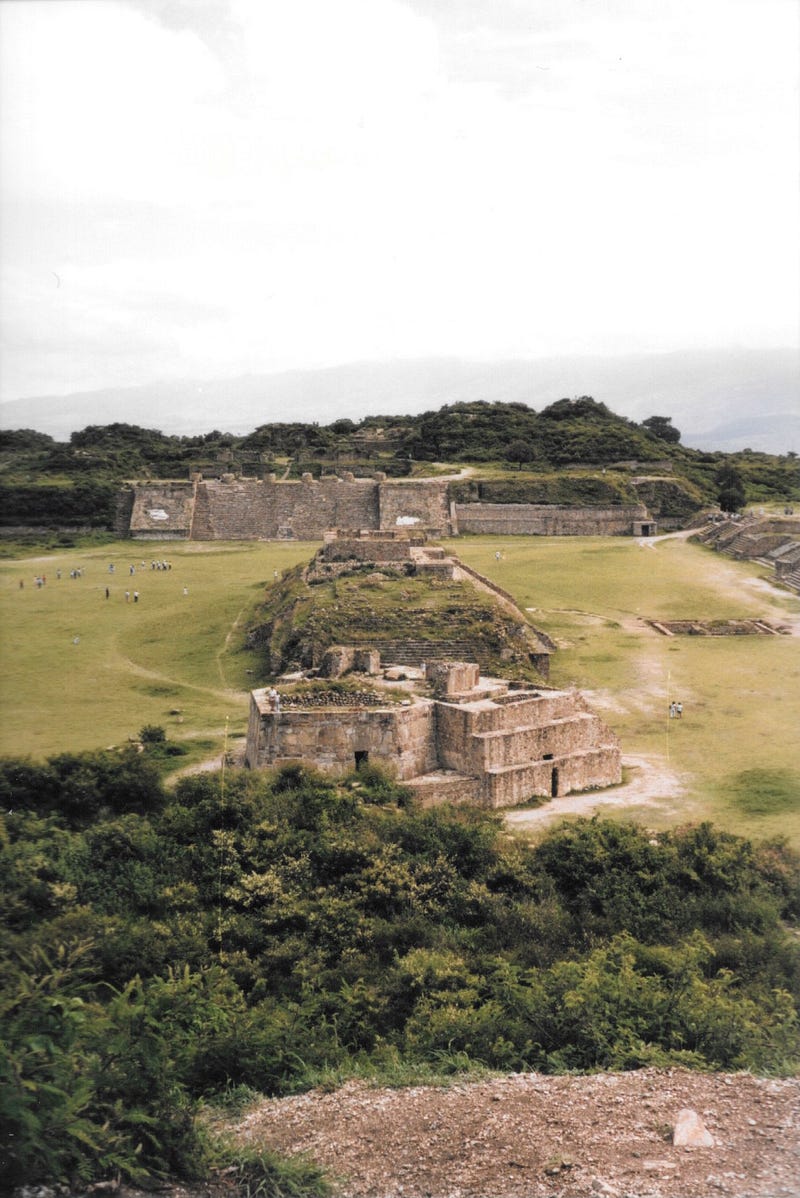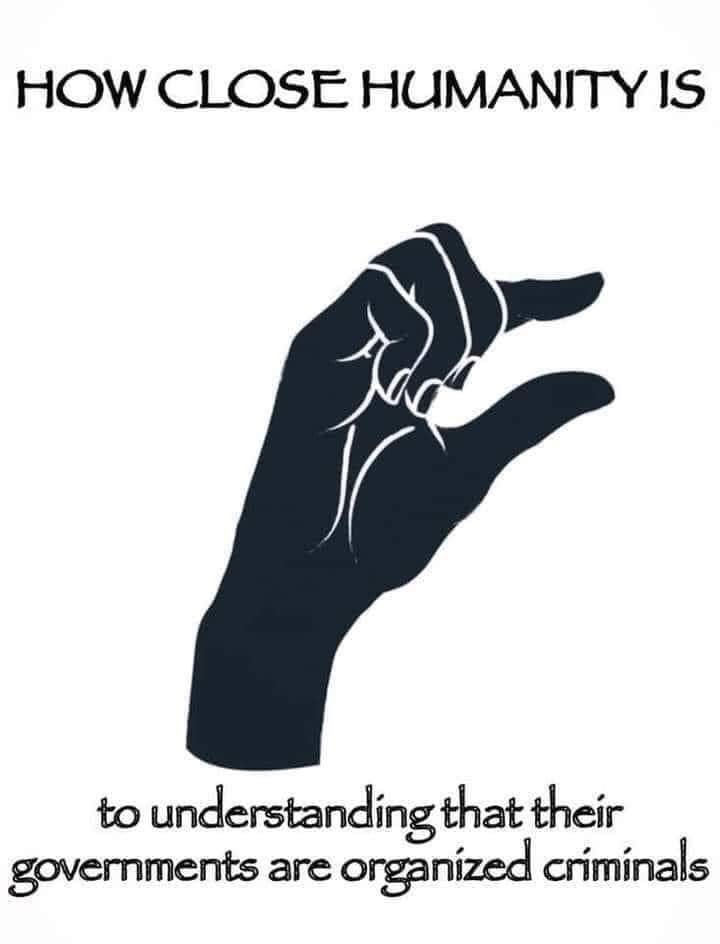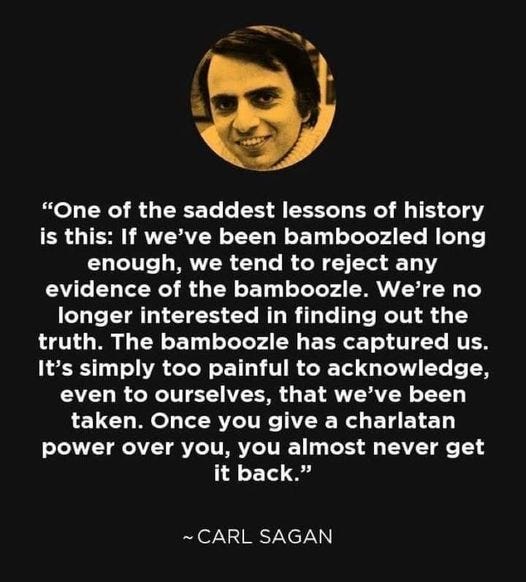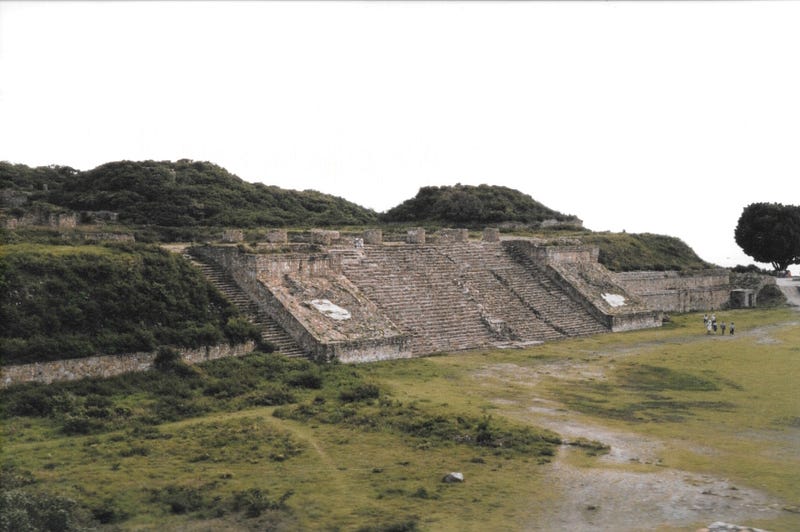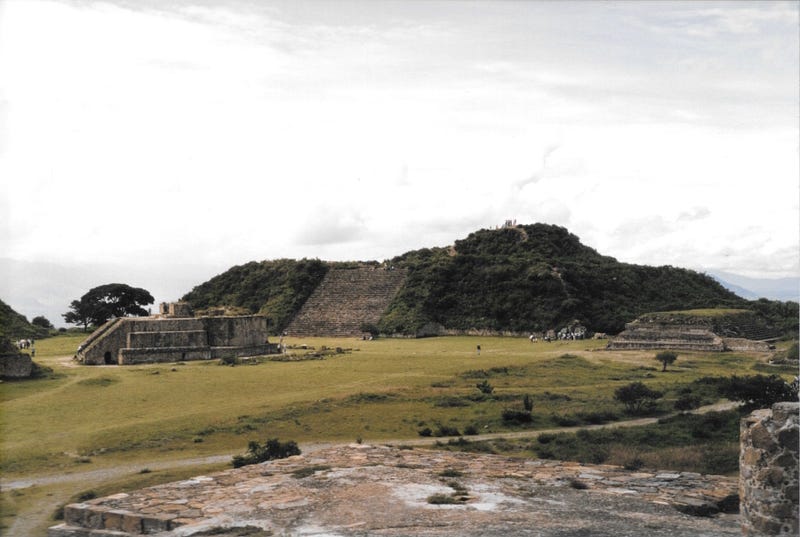Archaeologist Joseph Tainter points out in The Collapse of Complex Societies[8] that various theories exist as to how complexity in human societies has developed. For example: managerial hierarchies emerge as population or other stress increases; internal class conflict creates a need for protecting the privileged; conflict with competing groups leads to needed sociopolitical shifts; or, several interrelated factors combine.
Two main schools exist: conflict and integration. The conflict theory basically posits that “the governing institutions of the state were developed as coercive mechanisms to resolve intrasocietal conflicts arising out of economic stratification…to maintain the privileged position of a ruling class that is largely based on the exploitation and economic degradation of the masses” (p. 33). Integrationists argue that complexity arose because of social needs such as shared social interests, common advantages, and consensus; a positive response to the stresses affecting human populations and the differential rewards to certain members is the cost for the benefits of centralisation.
Both schools of thought have pros and cons. And although they differ in their fundamental premises, they both acknowledge the role of legitimising activities by the ruling elite — some of which must include real, material outputs such as symbolic manipulation and coercive sanctions.
Concerns about controlling behaviour through such mechanisms as symbolic manipulation and/or coercive sanctions has a long and sordid history, whether on an individual level[9] or on a broader social level[10]. As societies get both larger and more complex, maintaining social order[11] becomes of vital importance to the ruling elite for various reasons.
As Noam Chomsky argues in Hegemony or Survival: America’s Quest for Global Dominance[12]:
“While methods differ sharply from more brutal to more free societies, the goals are in many ways similar: to ensure the ‘great beast,’ as Alexander Hamilton called the people, does not stray from its proper confines. Controlling the general population has always been a dominant concern of power and privilege…Problems of domestic control become particularly severe when the governing authorities carry out policies that are opposed by the general population. In those cases, the political leadership may…manufacture consent for its murderous policies.”
This manufacturing of consent can be seen in the increasing influence/control of the narratives that circulate in a society, particularly by way of government propaganda and mass media institutions. This tends to increase not only because the ruling caste wishes to carry out military incursions in far-off lands (resulting in hardships/sacrifices for the majority of the domestic population) but because they wish to justify/rationalise/legitimise their positions of power and prestige since the domestic population far outnumbers the ruling elite and is a far more direct threat to them when/if they revolt/rebel.
Murray Rothbard similarly argues in Anatomy of the State[13] a major concern for the ruling elite is how to maintain their power. Their typical approach is the use of force but their basic problem is ideological. Any government regardless of ‘type’ requires support from a majority of its citizens, even passive resignation, given the minority status of the State (its nobility and bureaucracy). The ruling class necessarily must be small as it is supported by production surpluses. While it can attract some allies in the population, “the chief task of the rulers is always to secure the active or resigned acceptance of the majority of the citizens.” (p. 19)
Creating vested economic interests is one way to secure support. Sharing the benefits of rule attracts followers but still not a majority. Thus, “the majority must be persuaded by ideology that their government is good, wise and, at least, inevitable, and certainly better than other conceivable alternatives.” (p. 20)
The ‘intellectuals’ of society take the role of persuading the citizens. They create and disseminate the ideas/beliefs passively adopted, for the most part, by the masses. These opinion-molders are needed by the State and thus offered security, income, and prestige within the State apparatus. The arguments by the State and intellectuals to garner support of the masses are varied and many but come down to a few basics: the rulers are wise/great (e.g., divinely appointed, society’s elite, experts) and leadership/rule/government is inevitable (i.e., evil would befall society without it).
One very successful device to achieve support has been the union of the Church and State; with this, rulers were anointed by God or were God and it was blasphemous to resist. “The States’ priestcraft performed the basic intellectual function of obtaining popular support and even worship for the rulers.” (p. 23).
In addition, instilling fear about another system or none at all has also been successful and citizens are persuaded by the argument that present rulers provide an essential service: protection against marauders/criminals. Rothbard goes on to argue that our ruling caste wish a monopoly on such predation.
With the creation of various nation states, the State has discovered an additional means to persuade the masses of its necessity: identification of itself with the territory it governs. “Since most men tend to love their homeland, the identified of that land and its people with the State was a means of making natural patriotism work to the State’s advantage.” (p. 24).
The intellectuals of the State work to convince the masses that any attacks upon the nation are attacks upon them, not simply their ruling caste; this way, wars between rulers are marketed as wars between people and the masses come to the aid of their rulers who are protecting them. This leveraging of nationalism has only really arisen in recent centuries within the West as people use to view conflicts as between nobles and not the land’s people.
In contemporary times we are witnessing increasing attempts at sociobehavioural control via mass surveillance[14], militarisation of police[15], persecution of whistle-blowers who unveil government corruption[16], and especially mass media control/influence[17]. We can expect the trends we are experiencing in these areas to continue and likely enlarge as conditions worsen due to diminishing returns increasing in severity and the elite feeling more threatened and worried about their positions of power and prestige.
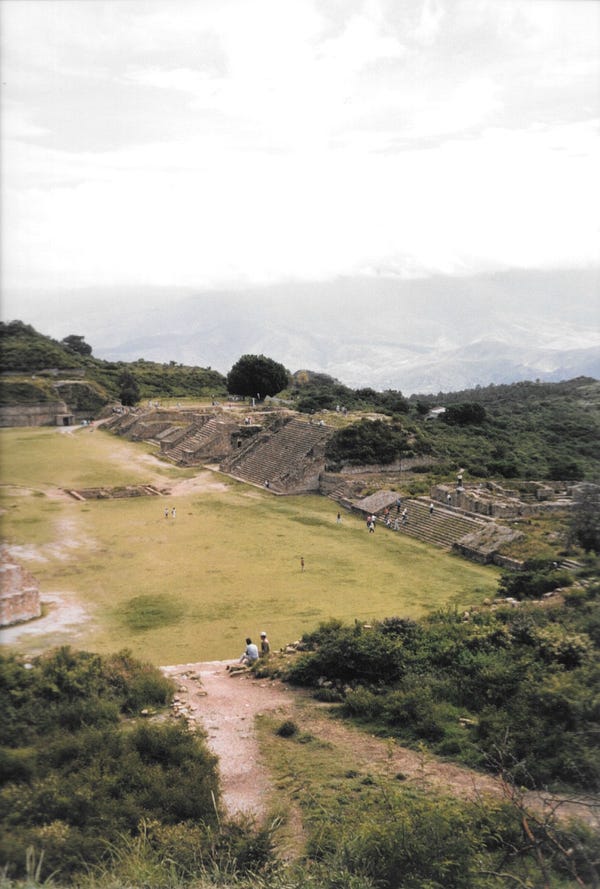





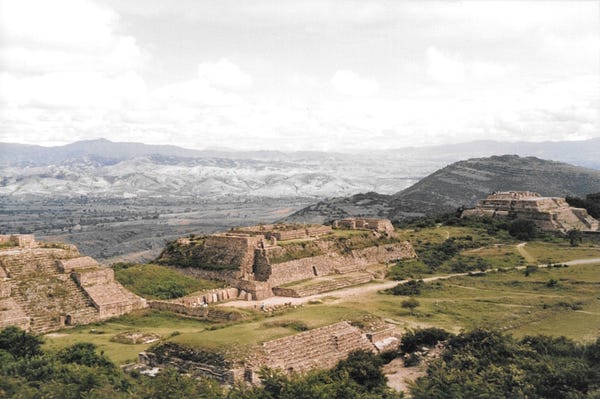
)

